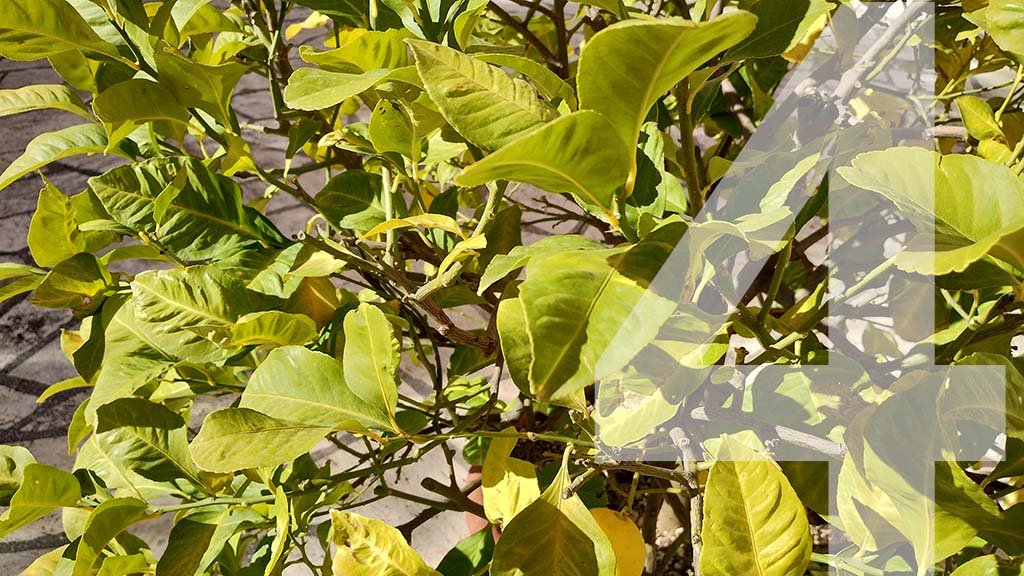Evangelisation, understood as the proclamation of the Kingdom of God and a call to conversion of heart, has much to say in relation to the existential and planetary situation of our time. The proclamation of the Risen Christ today cannot fail to connect with the need for spiritual reconnection with Creation and the Creator. The profound experience of being daughters and sons of God, loved, united in Christ’s love for the world, cannot but generate new relationships with Creation and within the human community.
Laudato si’ is clear in this regard:
Care for nature is part of a lifestyle which includes the capacity for living together and communion. Jesus reminded us that we have God as our common Father and that this makes us brothers and sisters. Fraternal love can only be gratuitous; it can never be a means of repaying others for what they have done or will do for us. That is why it is possible to love our enemies. This same gratuitousness inspires us to love and accept the wind, the sun and the clouds, even though we cannot control them. In this sense, we can speak of a “universal fraternity”. (LS 228)
Right relationships, that is, capable of generating life, will be those that first change the economic-financial paradigm that is so unsustainable and unjust as to lead Pope Francis to call it ‘an economy that kills’ (Evangelii gaudium, 53). To limit and stop climate change, pollution, the devastation of ecosystems and the loss of biodiversity, we need a different development and economic-financial model.
The current global economic system, based on unabated economic growth, is the structural cause of the world’s unsustainability. It is clear that indefinite economic growth is impossible in a world of finite resources, yet we continue to pursue unlimited growth. We are faced with the moral imperative – and the practical urgency – to question ourselves about many things: How do we produce? How do we consume? What can we say in our culture of waste? How can we broaden the horizon of our short-term visions? Is it right to continue to exploit the poor with total indifference? How do we judge the widening inequalities in the world? Does it make sense to continue to depend on harmful energy sources?
It is time to start believing that it is possible to create a ‘post-growth’ society, characterised by care and well living, radically different from today’s consumerist society, drugged by the accumulation of wealth.
Another important point emphasised by Pope Francis is that an ecological conversion generates civil and political love:
An integral ecology is also made up of simple daily gestures which break with the logic of violence, exploitation and selfishness. In the end, a world of exacerbated consumption is at the same time a world which mistreats life in all its forms.
Love, overflowing with small gestures of mutual care, is also civic and political, and it makes itself felt in every action that seeks to build a better world. Love for society and commitment to the common good are outstanding expressions of a charity which affects not only relationships between individuals but also “macro-relationships, social, economic and political ones” (…) In this framework, along with the importance of little everyday gestures, social love moves us to devise larger strategies to halt environmental degradation and to encourage a “culture of care” which permeates all of society. When we feel that God is calling us to intervene with others in these social dynamics, we should realize that this too is part of our spirituality, which is an exercise of charity and, as such, matures and sanctifies us. (LS 230-231)
Finally, an ecological conversion means overcoming the dynamics of domination and consumerist accumulation at the root of armed conflicts, embracing a peace-building choice capable of spreading a culture of peace. This begins in people’s hearts:
Inner peace is closely related to care for ecology and for the common good because, lived out authentically, it is reflected in a balanced lifestyle together with a capacity for wonder which takes us to a deeper understanding of life. Nature is filled with words of love, but how can we listen to them amid constant noise, interminable and nerve-wracking distractions, or the cult of appearances? Many people today sense a profound imbalance which drives them to frenetic activity and makes them feel busy, in a constant hurry which in turn leads them to ride rough-shod over everything around them. This too affects how they treat the environment. An integral ecology includes taking time to recover a serene harmony with creation, reflecting on our lifestyle and our ideals, and contemplating the Creator who lives among us and surrounds us, whose presence “must not be contrived but found, uncovered (EG 75). (LS 225)



